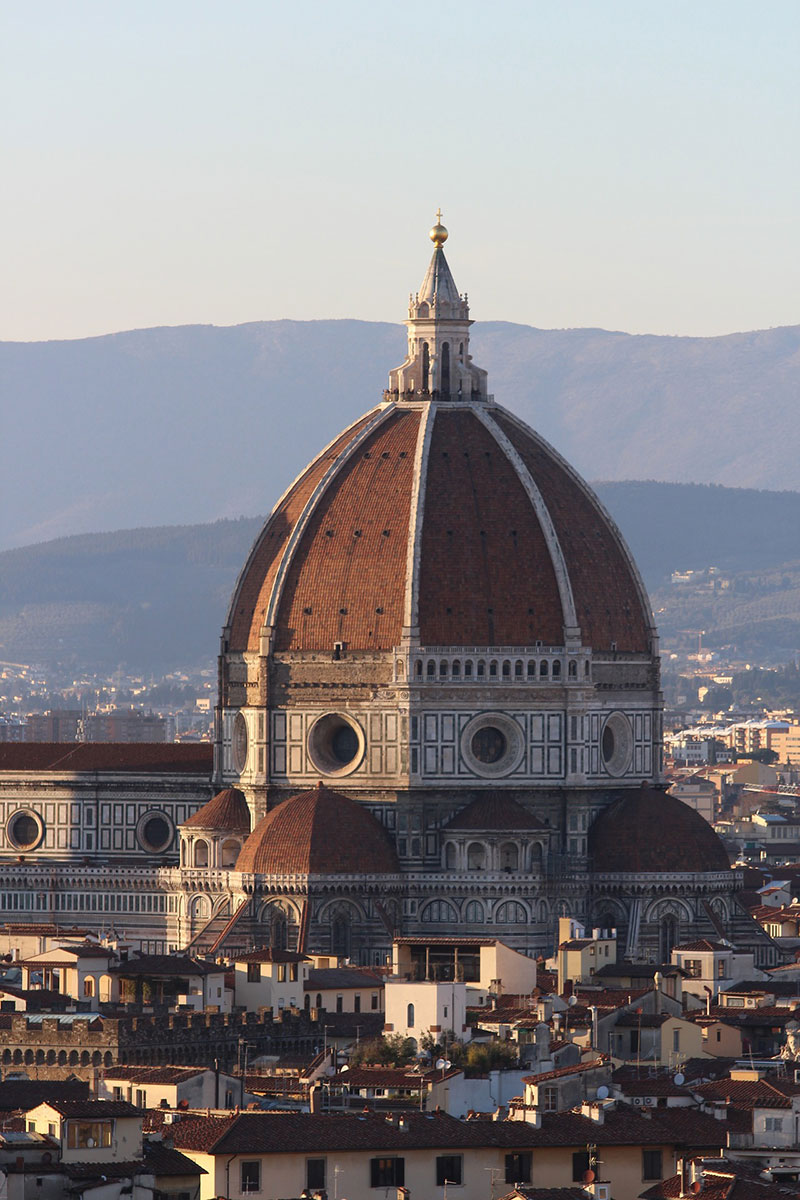Research
Historical Urban Landscape
Historical and traditional urban societies and communities are workshops, repositories and transmitters of fundamental meaning and values that undergird the quality of life, shape identity, provide a sense of belonging, and create cohesion in diverse and evolving demographic and social-political circumstances. How the cultural forces and processes involving meaning, value, and transmission have interacted with social, economic, and environmental forces and processes within urban systems to produce quality public and private spaces, places and infrastructure; and develop events, activities, ambience, experiences, memories, and institutions that foster vibrant ways of life and distinct strands of urban heritage in some of the most enduring and influential traditional urban societies continues to provide inspirations. This is particularly relevant given the loss of tangible and intangible urban heritage and the homogenisation of urban forms, spatial organisation, and lifestyles due to the impact of industrialisation, commercialisation, and globalisation. How traditional urban communities have strived to develop a harmonious relationship with nature and other perceived dimensions of reality is likewise an important subject for research, education, conservation, and development. Our research follows the UNESCO definition of “the historical urban landscape”.
Relevant themes
- Integrated planning practice
- Eco-system thinking and practice
- Nature-based and culture-led planning, design, and governance
- Religious traditions and the historical urban landscape
Projects
- Coming soon…

